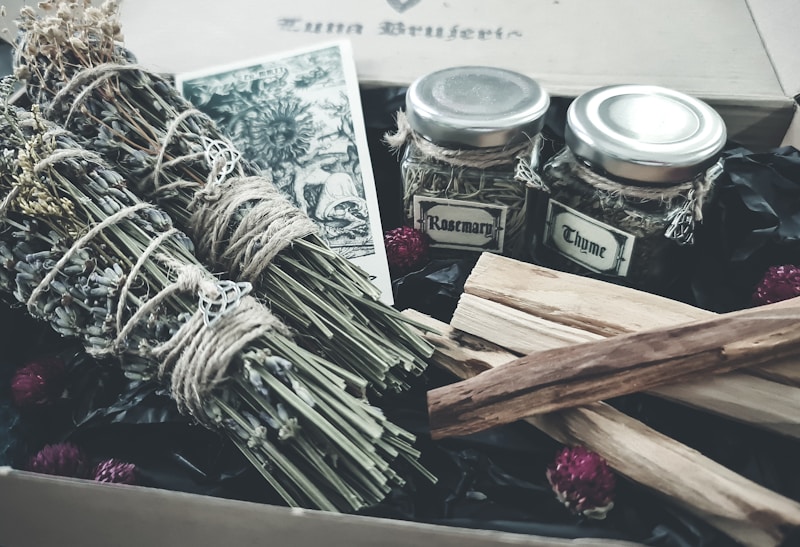Understanding Meaningful Rituals in a Versatile Ceremony: Elevating Every Occasion
Exploring the Essence of Meaningful Rituals
In an ever-evolving world where traditions often blend and shift, understanding the meaningful rituals in a versatile ceremony has never been more pertinent. These rituals, which might range from simple gestures to elaborate ceremonies, hold significant importance in various cultures and social settings. This article delves into the relevance of such rituals and how they enhance the experience of any ceremony, making it memorable for all participants.
The Importance of Rituals in Ceremonies
Rituals serve as a fundamental aspect of any ceremony, adding depth, emotion, and significance to the event. The meaningful rituals are essentially the glue that ties together the various elements of a ceremony, whether it be a wedding, graduation, or cultural celebration.
Why do we incorporate rituals into ceremonies? Here are some key reasons:
- Connection: Rituals foster a sense of belonging and connection among participants, creating shared experiences.
- Transition: They mark important transitions in life, helping individuals and groups acknowledge changes.
- Memory: Rituals create lasting memories that people cherish, serving as reminders of meaningful moments.
- Tradition: Incorporating rituals honors heritage and traditions, passing them down through generations.
Diverse Types of Meaningful Rituals
When discussing meaningful rituals in a versatile ceremony, it's essential to note the diversity of rituals across cultures and events. Here is a table summarizing some common rituals along with their significance:
| Ritual | Event Type | Significance |
| Lighting Unity Candle | Weddings | Symbolizes the merging of two lives into one. |
| Graduation Cap Toss | Graduation | Represents the end of one chapter and the beginning of another. |
| Breaking the Glass | Jewish Weddings | Reminds participants of the destruction of the Temple in Jerusalem and the fragility of relationships. |
| Exchange of Gifts | Birthdays, Anniversaries | Symbolizes love, appreciation, and connection between individuals. |
Cultural Perspectives on Rituals
It is fascinating to observe how different cultures incorporate their unique rituals into ceremonies. For instance, in Hispanic cultures, the quinceañera symbolizes a girl's transition into womanhood, featuring rituals such as the presentation of a doll and a father-daughter dance. In contrast, Native American cultures often feature smudging ceremonies to cleanse participants and invite positive energy during various celebrations.
This cultural diversity enriches the concept of meaning in rituals, making them not just practices but expressions of identity and beliefs.
Creating Your Own Meaningful Rituals
Whether you are planning a versatile ceremony or looking to add personal meaning to a traditional event, creating your own rituals can be an enriching experience. Here are some steps to guide you:
- Define the Purpose: Understand what you want the ritual to symbolize or convey.
- Choose Elements: Select elements that resonate with you emotionally, such as specific quotes, songs, or items.
- Involve Participants: Engage friends or family members to contribute ideas or assist in the ritual.
- Practice and Rehearse: Ensure that everyone involved is comfortable with their roles during the ceremony.
Challenges in Implementing Rituals
While rituals can enhance the emotional depth of a ceremony, they are not without challenges. Here are common issues one might face:
- Lack of Awareness: Participants may not understand the significance of a ritual if it is not well-explained.
- Cultural Sensitivity: It's vital to be respectful and considerate of diverse backgrounds and beliefs when planning shared rituals.
- Resistance to Change: Traditional ceremonies might face pushback when introducing new rituals, as some may prefer to stick to established practices.
Conclusion: The Impact of Meaningful Rituals
In conclusion, meaningful rituals in a versatile ceremony serve as pivotal elements that enrich our experiences and deepen our connections with one another. They are not merely actions but expressions of our shared humanity, celebrating transitions, honoring traditions, and creating lasting memories. When planning any ceremony, consider the inclusion of rituals that resonate with you and your loved ones—it could transform the event from ordinary to extraordinary.
As you explore the potential of rituals, remember to be mindful of the sentiments they invoke and the significance they carry for everyone involved. Embrace the diversity of rituals across cultures, and don’t hesitate to craft your own to ensure your ceremonies are not just events, but unforgettable experiences.
